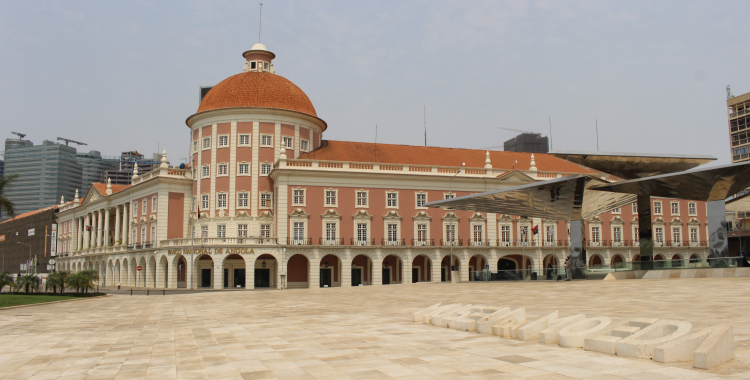Tiago Dias was speaking this Friday at a meeting with journalists where data on the evolution of the foreign exchange market in Angola and short-term perspectives were presented.
"We believe that, in the first quarter, the exchange rate will remain relatively stable", he stated, stressing that it is not a fixed rate.
As of today, one euro was equivalent to 894 kwanzas, while one dollar corresponds to 830 kwanzas.
The significant reduction in export revenues (around 28 percent) led to a lower availability of foreign currency in 2023 (-37 percent) and led to an accumulated depreciation of the Angolan currency in the order of 39 percent in 2023, particularly pronounced in the months of May and June.
According to Tiago Dias, the country continued to have availability of foreign currency, despite being substantially lower than the average currency supply in 2022, around 1.2 billion dollars per month.
The governor expects the offer to remain at a "reasonable amount" of 600 million dollars, despite an exceptional increase of around 836 million dollars being recorded in January this year.
"(The currency) is essentially intended to cover expenses in national currency, namely salaries, so we admit that there will be no major changes until March, when a new meeting of the Monetary Policy Committee takes place", he stressed.
On the other hand, international reserves must remain at a relatively high level, above 14 billion dollars, adding that it is not these currencies that are used to pay for goods and services, but rather the currencies traded on the Bloomberg platform or purchased by banks to customers who do not participate in this platform, essentially companies in the oil and diamond sector.
Tiago Dias pointed out that, last year, imports had a significant reduction, particularly food (around 33 percent) and essential consumer goods (-45 percent).
"In view of this lower supply of food, not compensated by national production, which only grew by around 2 percent, we had inflation of around 20 percent and an imbalance between supply and demand", highlighted the BNA official.
"If we solve the problem of the supply of essential consumer goods, we can solve the inflation problem in this country and the BNA can fulfill its main mission, which has to do with price stability", he added.







